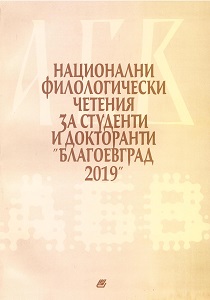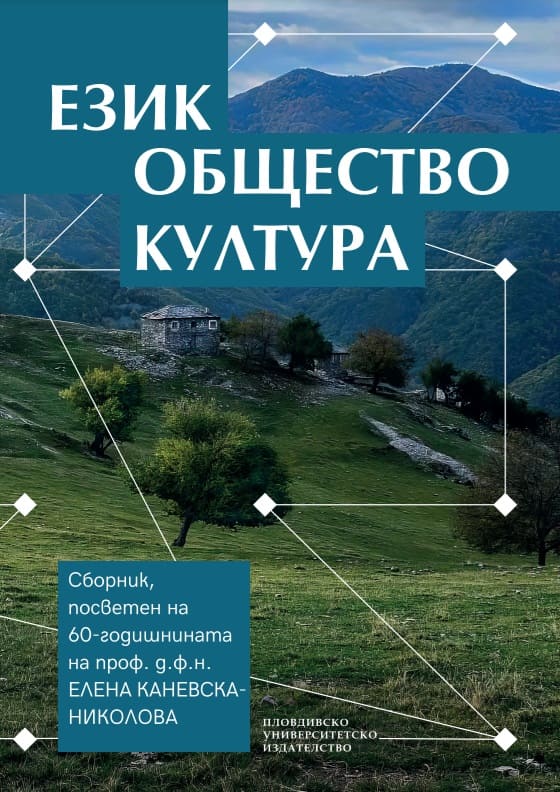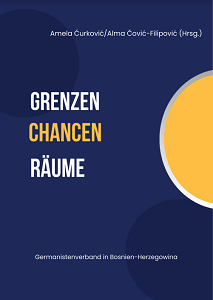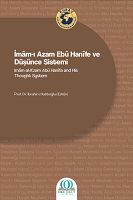Author(s): Alena Fialová-Šporková / Language(s): Czech
Publication Year: 0
This article aims to describe the changing reflections on the period of normalization over the past thirty years and to highlight certain tendencies in recent prose. The years after 1989 saw the publication of prose works which dealt with the period of normalization using a variety of literary modes and perspectives: the greatest success was enjoyed by humorous works (prose works by Michal Viewegh, Petr Šabach and Irena Dousková). As the transformation period became more and more subject to a critical reevaluation, works of a pessimistic, melancholic or critical tone gradually began to predominate (works by Pavel Kolmačka, Věra Nosková, Irena Dousková, Jan Balabán and others). At the same time, the period of normalization became incorporated into the narratives of larger novels which portrayed life in socialist Czechoslovakia as opposed to the present (works by Petr Brycz, Sylvia Richterová, Michal Přibáň, etc.), as well as mainstream works, successful novels with large-scale historical narratives based on the stories of individual families (works by Kateřina Tučková or Alena Mornštajnová). The last decade has also seen the publication of a number of smaller prose works combining fiction with their authors’ autobiographical experiences and describing the world of normalization as cheerless, inhospitable and even cruel (works by Pavel Růžek, Milena Slavická, Simona Bohatá, etc.). The attitudes towards the period of normalization, which continues to feature in Czech literature, reveal a lot about how Czech society treats the legacy of the recent past, what moments resonate in it, which of those are fading away and what it is that still remains in the common historical memory.
More...






